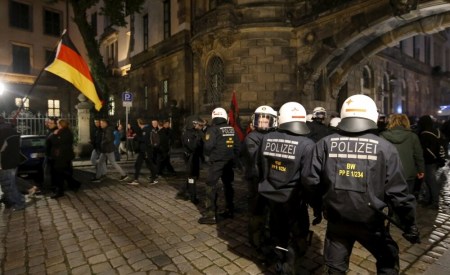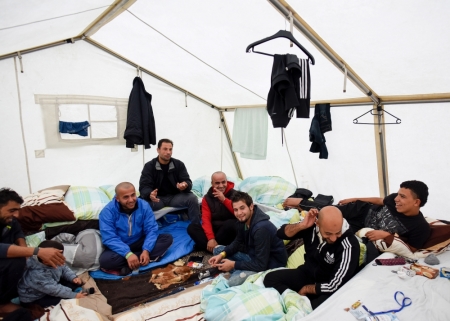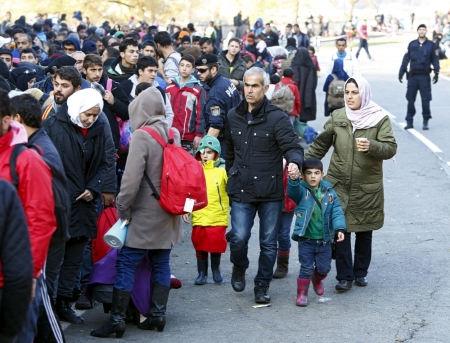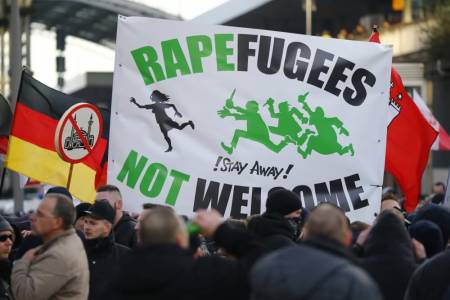Angela Merkel Says Welcoming 1 Million Refugees Into Germany Was Mistake

After intense scrutiny and a wide debate across Europe on the increasing number of refugees coming to the continent, German Chancellor Angela Merkel has admitted that she made some mistakes in the open door policy that welcomed record numbers of migrants.
"We didn't embrace the problem in an appropriate way. That goes as well for protecting the external border of the Schengen area," Merkel said in an interview, according to Breitbart News, on Thursday.
"In Germany we ignored the problem for too long and blocked out the need to find a pan-European solution," she added.
Merkel also said that she "cannot deny" that Germany had become complacent after years of welcoming migrants from other nations.
Politico noted that the German leader also made a promise that the enforcement of law will be tightened, and refugees who do not qualify for asylum in the country will be returned home.

Still, she expressed confidence that migrants who have won legal right of asylum in Germany will be able to integrate into society.
Merkel has repeatedly stuck to the motto "we can do this," when it comes to providing a safe place to stay for the 1.1 million refugees who came to Germany in 2015, and many others that have continued to arrive in 2016. But several high-profile incidents have sparked unrest and protest among the German people.
Far-right movements such a PEGIDA have led campaigns against Germany's welcome of refugees, blaming them for an increase of crime in several cities.
"People are very unhappy with her refugee policies," said Helmut Schroeder, a 61-year-old unemployed locksmith in Greifswald. "It's astonishing that one woman could take such a momentous decision on her own. We are not a monarchy."
Other commentators, such as Stefani Weiss, director and expert on European politics at Bertelsmann Stiftung, an independent, nonprofit German foundation, told The Christian Post back in January that Germany cannot handle Europe's refugee crisis on its own.
"The member states need to accept that this is a European problem, and that it needs a European solution. We have to be more aware of the risks which might be involved regarding our security and safety, but we shouldn't put refugees and criminals into one basket," Weiss told CP.

Reuters reported that it's not yet clear whether Merkel will decide to run for a fourth term in 2017, as she faces declining popularity ratings while regional elections in September could deliver big gains for her political opponents.
An opinion poll on Thursday reportedly showed that Merkel's approval rating has fallen to 45 percent, which is the lowest point in five years.
Oxford historian and author Timothy Garton Ash predicted that Merkel might be on her way out of power, despite the Chancellor promising the German people that there will not be as many refugees admitted in 2016 as last year.
"Merkel is Europe's indispensable leader, because of the position of Germany, but also her standing and experience as a leader," Ash offered.
"But there is a universal law in politics that says 10 years is enough. When leaders stay longer they start making mistakes. It happened to De Gaulle, Kohl, Thatcher and to Erdogan and Putin. Now it seems to be happening to the pragmatic, cautious Angela Merkel."






















